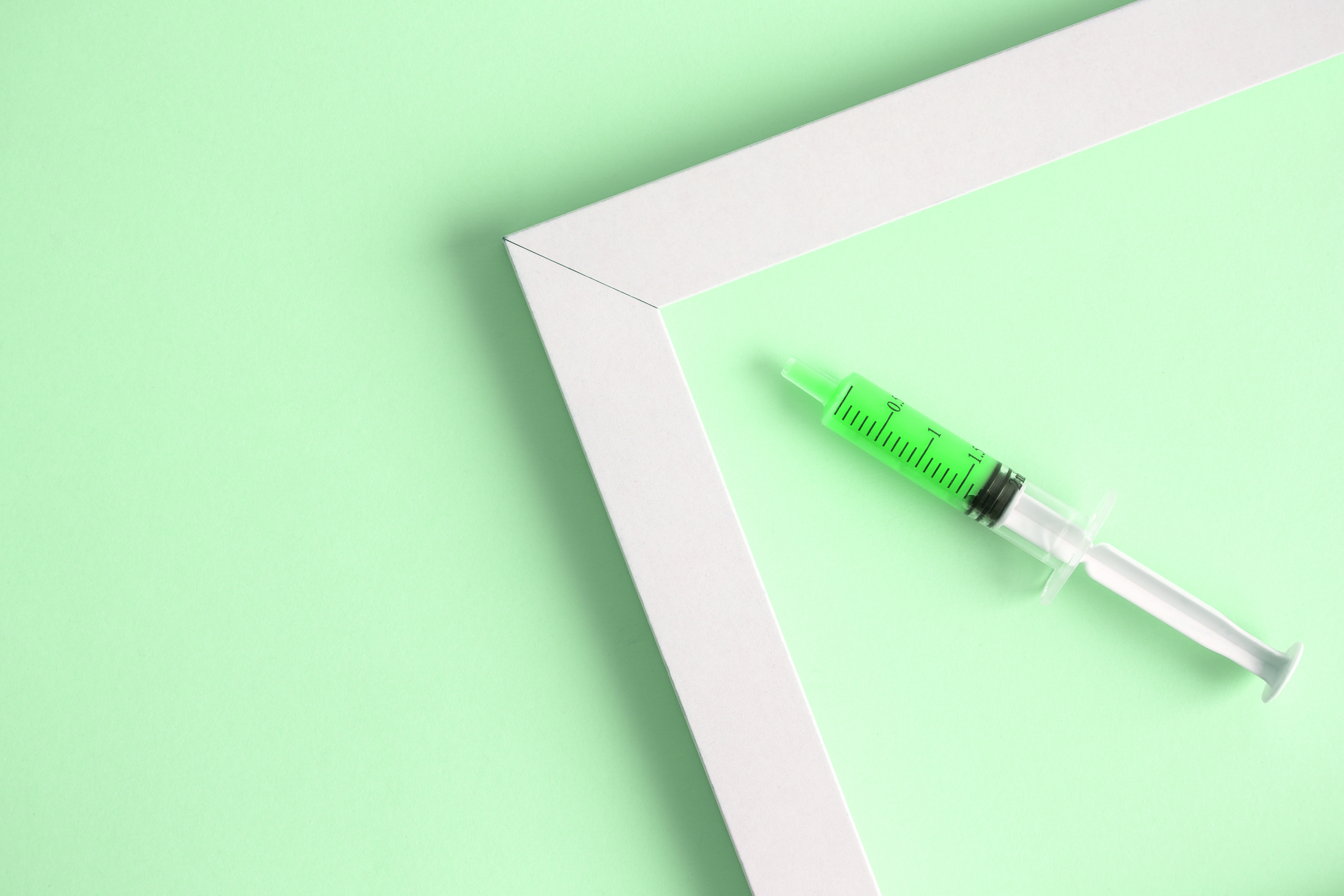In January 2013, Medac, the market leader in parenteral methotrexate (MTX), introduced MTX in the pharmaceutical form of a pre-filled pen in Germany for the first time worldwide. This was a brand-new innovation for doctors, practice teams and patients who, until then, had been used to the established methotrexate pre-filled syringe metex®.1
In January 2013, Medac, the market leader in parenteral methotrexate (MTX), introduced MTX in the pharmaceutical form of a pre-filled pen in Germany for the first time worldwide. This was a brand-new innovation for doctors, practice teams and patients who, until then, had been used to the established methotrexate pre-filled syringe metex®.1
Since then, the metex® PEN2 has become the most-used product for parenteral administration of MTX in Germany, and this year it celebrates its fifth birthday. In Germany alone, for example, more than 45,000 patients with rheumatoid arthritis, psoriasis and inflammatory bowel disease (IBD) currently use Medac’s methotrexate autoinjector once a week – and this number is increasing.3
Subcutaneous MTX administration with the pre-filled pen simplifies self-administration
Medac’s autoinjector allows simple and convenient subcutaneous self-administration of methotrexate. This is confirmed by a recent documentation of practice conducted by Medac among German rheumatologists and rheumatology patients: “97% of all doctors and 89% of patients with previous experience of pre-filled syringes assessed the metex® PEN as ‘very advantageous’ or ‘advantageous’ in comparison with a pre-filled syringe”.4 Numerous publications have demonstrated that this promotes patient compliance.5,6,7
Simplified handling is a particular benefit for those with functional limitations. This includes patients with rheumatoid arthritis (RA), for example, who often exhibit irreversible joint damage as soon as two years after diagnosis. In 70 % of cases of functional limitation the hands are affected,8,9 therefore anything that makes handling easier is of vital importance.
Advantage for needle-phobic patients and protection from needlestick injuries
Some patients refuse the more effective parenteral administration of MTX due to a fear of needles. In a study conducted with subcutaneous methotrexate, a total of 9% of patients with rheumatoid arthritis stated that they had a fear of needles that ranged from considerable to extreme.5 The majority of these patients (90%) preferred the metex® PEN over the methotrexate pre-filled syringe for self-administration.
An additional advantage of the PEN is its design, which prevents needlestick injuries from occurring. This guarantees an increased level of safety for doctors, hospital and nursing staff as well as for patients when administering methotrexate. Consequently, of the parenteral methotrexate medicinal products currently available on the German market, only the metex® PEN meets all the necessary sharps protection criteria.10,11
References
- Subsequently, the autoinjector was launched in various European countries(e.g.UK, Denmark, Sweden, Finland, France, Spain) and the US.
- Equivalent to Metoject® PEN, metojectpen and Rasuvo™
- Projection with the help of Insight Health, national pharma information (NPI): 597,201 metex® PENs in the 4th quarter of 2017 ÷ 13 weeks’ usage ≙ 45,939 Patients.
- Hattesohl M. et al. Use of a pre-filled pen for subcutaneous self-administration of methotrexate. German Society for Rheumatology (Deutsche Gesellschaft für Rheumatologie; DGRh) Abstract 2017. URL: http://www.egms.de/static/de/meetings/dgrh2017/17dgrh244.shtml (version dated: 01.03.2018).
- Demary W et al. Patient Prefer Adherence 2014;8:1061-71.
- Pachon JA et al. SAGE Open Med. 2014;2:2050312114564241.
- Pichlmeier U, Heuer KU. Clin Exp Rheumatol. 2014;32:563-71.
- Horsten NCA et al. J Rehabil Med 2010;42:916-21.
- Williams MA et al. Health Technol Assess 2015;19(19).
- COUNCIL DIRECTIVE 2010/32/EU, 10 May 2010: Framework Agreement on prevention from sharp injuries in the hospital and healthcare sector concluded by HOSPEEM and EPSU, in particular clause 6: “eliminating the unnecessary use of sharps by implementing changes in practice and on the basis of the results of the risk assessment, providing medical devices incorporating safety-engineered protection mechanisms”.
- Deutscher Bundestag, printed document 18/9654 dated 19.09.2016, Saarbrücken 2016: Protection from needlestick injuries in health and social care.

